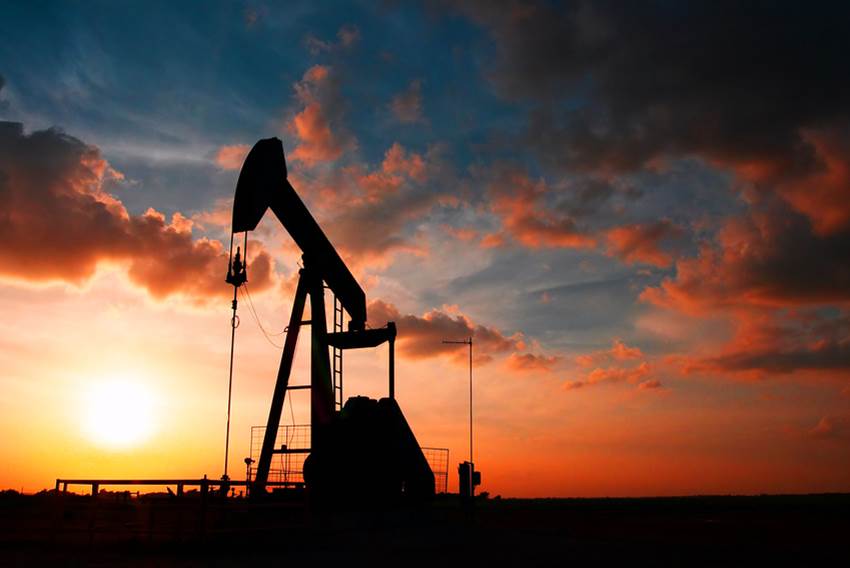Many wastes generated during the exploration, development, and production of crude oil, natural gas, and geothermal (E&P Wastes) are excluded from regulation as a hazardous waste pursuant to a RCRA conditional exclusion at 40 CFR 261.4(b)(5). While an earlier article listed examples of wastes generated by the crude oil, natural gas, and geothermal industry during their exploration, production, and development that are excluded from regulation as hazardous waste, there are other wastes from the same industries and similar processes that are not excluded. A list of some examples of non-exempt E&P Wastes follows:



